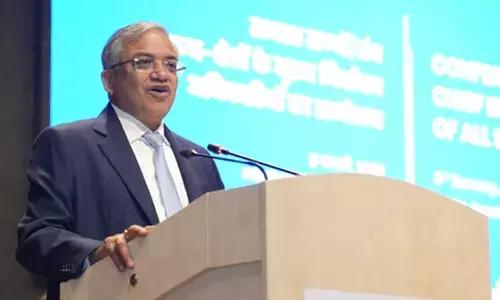Brunei rules out capital punishment for gay sex, adultery

Sultan Hassanal Bolkiah of Brunei said that the country would not impose death penalty
Sultan Hassanal Bolkiah of Brunei said that the country would not impose death penalty on those convicted of gay sex and adultery in an apparent bid to temper global backlash following its rollout of strict new Islamic laws last month.
The Sultan, in a televised speech, said he would extend a moratorium on capital punishment and ratify the United Nations Convention Against Torture, CNN reported.
In April, the tiny oil-rich country in East Asia announced to enact a stern new penal code under which adultery and gay sex will be punishable by stoning to death, and theft will be punished with amputations.
The announcement followed widespread international condemnation and a high-profile campaign, whereby celebrities, including George Clooney and Elton John, joined rights groups in seeking to boycott hotels owned by the sultan, while large companies including JPMorgan and Deutsche Bank told their staff to avoid using Brunei-owned hotels in the wake of new laws.
Brunei became the first East Asian country to introduce Sharia law at a national level in 2014, introducing the legislation and associated penalties in stages.
The country initially defended its new legal code, claiming it focused "more on prevention and punishment," but the growing backlash appears to have forced the kingdom's hand.
In his speech, the Sultan said there had been a number of "misconceptions" about the laws which he acknowledged may have caused "apprehension".
"However, we believe that once these have been cleared, the merit of the law will be evident," he was quoted as saying.
Despite his announcement on death penalty, the leader said that he stood by his new penal code overall. "Both the common law and the Syariah law aim to ensure peace and harmony of the country.
They are also crucial in protecting the morality and decency of the public as well as respecting the privacy of individuals," the Sultan added.
However, the LGBT community and human rights activists experienced relief in the wake of the announcement on Sunday.
Human Rights Campaign Director of Global Partnership Jean Freedberg told CNN that the moratorium was an important step but added the new Islamic penal code itself needed to go.

















